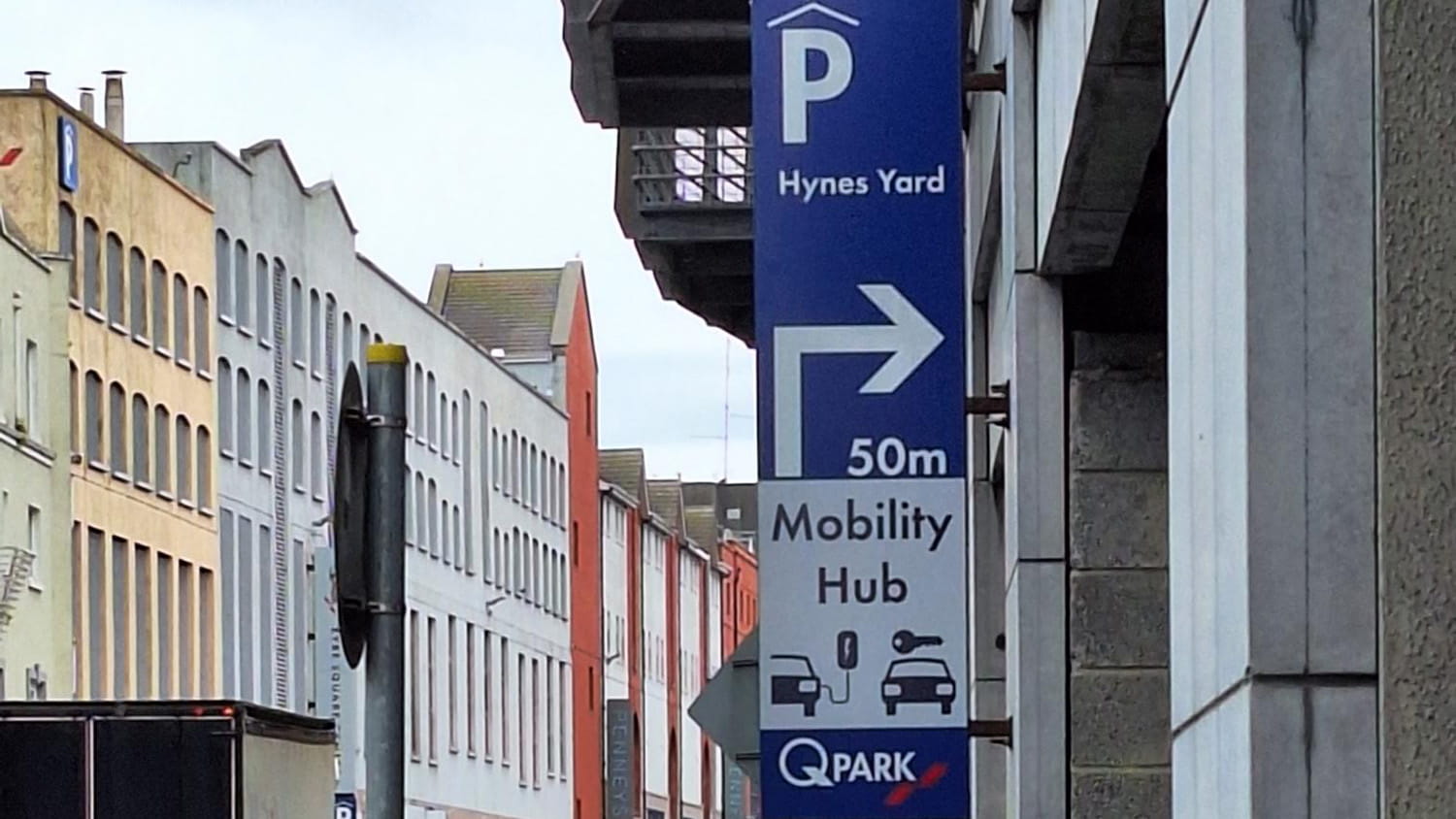
| Your guide to Summer 2025’s biggest events and where to park for less. From sold-out stadium shows to city-wide festivals, here’s how to make the most of the season with convenient parking and exclusive discounts.
Read more
The rise in popularity of Micro-Mobility transport, such as e-bikes and e-scooters are seen as advantageous for city centres. However, there have been some drawbacks discovered during their rollout.
The rise in popularity of Micro-Mobility transport, such as e-bikes and e-scooters are seen as advantageous for city centres. However, there have been some drawbacks discovered during their rollout.
According to Allied Market Research, globally the Micro Mobility sector was worth $44.12 billion in 2020, and is projected to reach $214.57 billion by 2030. This growth has been realised by many new entrants into the sector across Europe including Lime, Voi, HumanForest, Dott and Tier as well existing established networks such as Santander Cycles in London. As we move towards the summer months when the weather improves it is expected that usage of these new modes of transport will grow significantly. Whilst this growth proves there is an ever-growing market, there have been issues for both operator and the wider community.
The lack of secure docking stations has led to instances of vandalism and theft of e-bikes and e-scooters which has then ultimately meant that the operator has decided to cease operations in certain areas. For example, Andy Burnham, major of Greater Manchester, has had to plead with residents not to throw their new Bee Bikes into the local canals. Secondly the lack of docking stations in general has meant that e-bikes and e-scooters are being left in places that cause a real inconvenience for local residents, especially those with disabilities. Some Councils receive daily complaints and have even began removing the offending items from the paths, this however comes at a cost to the taxpayer. Micro-Mobility operators to their credit, have been working hard to get ahead of the issue. This ranges from employing their own street teams to deal with reports of poorly parked e-bikes to others requesting photos of their final destination from users and fining them if this is deemed inappropriate.
The obvious solution to these teething issues is for secure micro-mobility docking stations to be sourced off-street and Q-Park have a ready-made solution. Q-Park have been at the forefront of the European Parking industry in the creation of Sustainable Mobility Hubs. The aim is to develop parking facilities into vital instruments to help realise urban accessibility, sustainability and liveability. In addition to car parking, Q-Park are also aiming to provide access for shared mobility schemes, rapid electric fleet charging, last mile delivery and retail space all within their safe and secure parking facilities.
This therefore means that Micro-Mobility operators can reduce the risk of vandalism and theft of assets by locating them in a secure environment that a Q-Park car park offers. They can also appease other local stakeholders by ensuring they are stored away out of site and in an orderly fashion. Q-Park have the ability to replicate schemes across their entire portfolio.
To find out more about Q-Park’s Sustainable Mobility Hubs click here.
About Q-Park
Q-Park is one of the three leading providers of parking facilities in West Europe, whether wholly owned, leased, managed or in a hybrid business model. Q-Park is notable for its quality approach and has a portfolio comprising over 677,000 parking spaces in over 3,400 parking facilities in the Netherlands, Germany, Belgium, Great Britain, France, Ireland, and Denmark. Q-Park has numerous mobility hubs which provide access to a variety of mobility solutions. We house and support a range of activities from last mile logistics, fleet charging hubs, micromobility and car sharing services which help support urban accessibility, sustainability and liveability.





